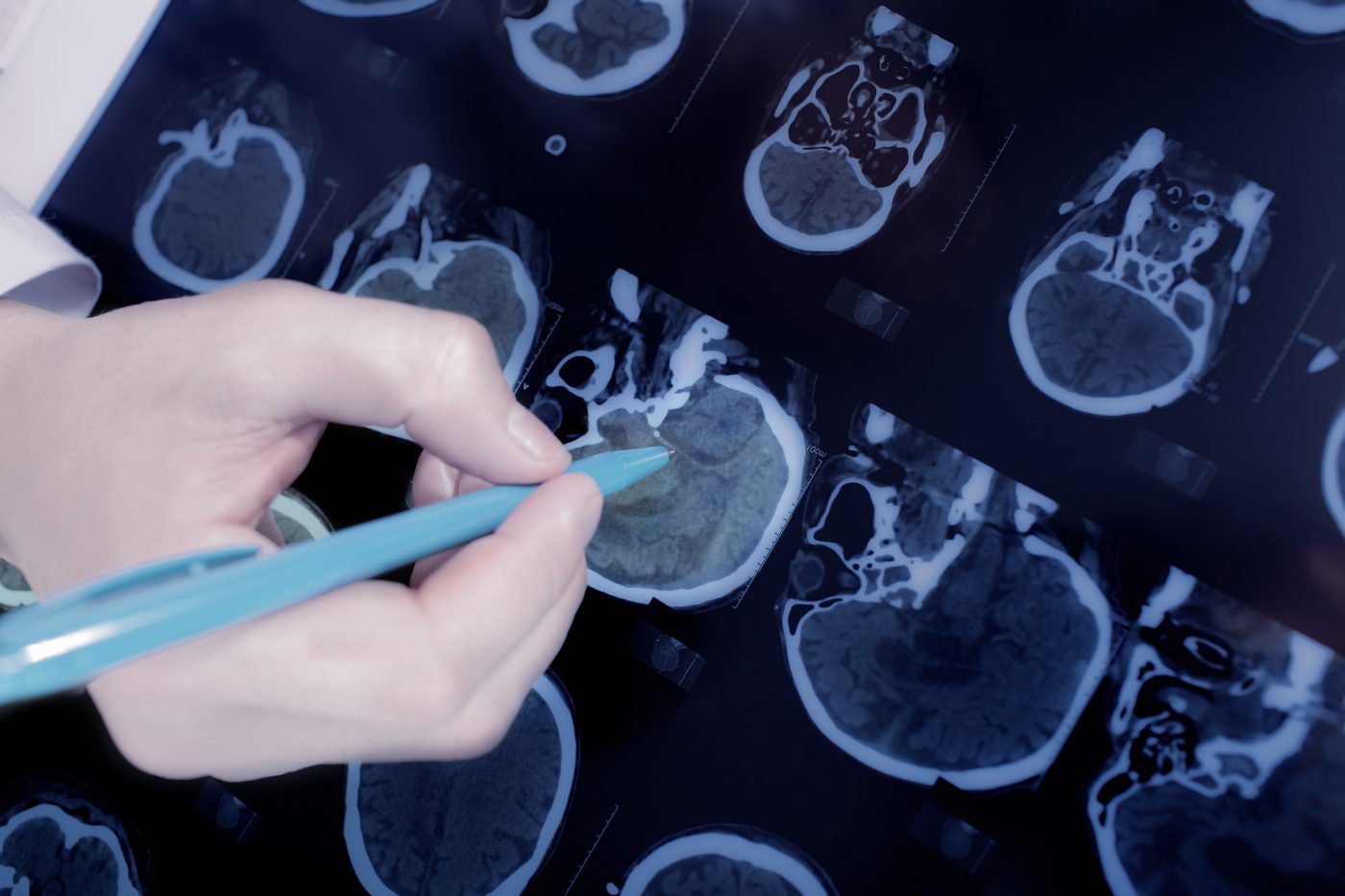Parkinson’s Treatment Using Stem Cells to Be Tested in Phase 1/2a Clinical Trial

International Stem Cell Corporation announced that its subsidiary, Cyto Therapeutics, has been given regulatory permission to start a Phase 1/2a dose escalation clinical trial of its neural stem cells (ISC-hpNSC) in the treatment of Parkinson’s disease (PD). Clearance for the trial came the Therapeutics Goods Administration (TGA) of Australia.
The trial will test ISC-hpNSC, neural stems cells derived from human parthenogenetic stem cells, in patients with moderate to severe PD symptoms at the Royal Melbourne Hospital in Australia. “We are very pleased to start the first human study of ISC-hpNSC’s for the treatment of this debilitating disease. There is a large unmet medical need for new treatments that may halt or reverse the progression of Parkinson’s disease and we believe our human neural stem cells may fill this need for the millions of people with this disease,” Andrey Semechkin, PhD, CEO of International Stem Cell, said in a press release. “We look forward to reporting on the progress of the clinical trial over the coming months.”
The company has published positive results from preclinical trials on rodents and primates that found its proprietary ISC-hpNSC candidate to improve PD symptoms and increase brain dopamine levels after intracranial administration. Results showed that ISC-hpNSC provided neurotrophic support and cell replacement to dying dopaminergic neurons in the recipient PD brains.
The open-label clinical trial will evaluate three different dose regimens of 30 million to 70 million neural cells in 12 study participants. After transplantation, follow-up will occur at predetermined intervals for 12 months to evaluate the safety and biologic activity of ISC-hpNSC. A PET scan will be performed at baseline, and at six and 12 months post-surgery. After the administration of ISC-hpNSC, clinical responses will be compared with initial PET scan results.
“We are the first company in the world to conduct clinical trials of human pluripotent stem cells based product for the treatment of Parkinson’s disease. We believe the outcome of the study will produce findings in-line with our preclinical studies, where we demonstrated not only safety of our proprietary neural stem cells, but also their functional efficacy. The cells were able to successfully integrate into the brain and provide a significant increase of dopamine levels in the nigrostriatal system,” said Russell Kern, PhD, the company’s executive vice president and CSO.
Current Parkinson treatments, such as L-DOPA and dopamine agonists, are known to improve early disease symptoms. As the disease progresses and dopaminergic neurons continue to be lost, however, the drugs can become ineffective and cause side effects.






